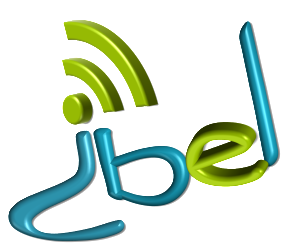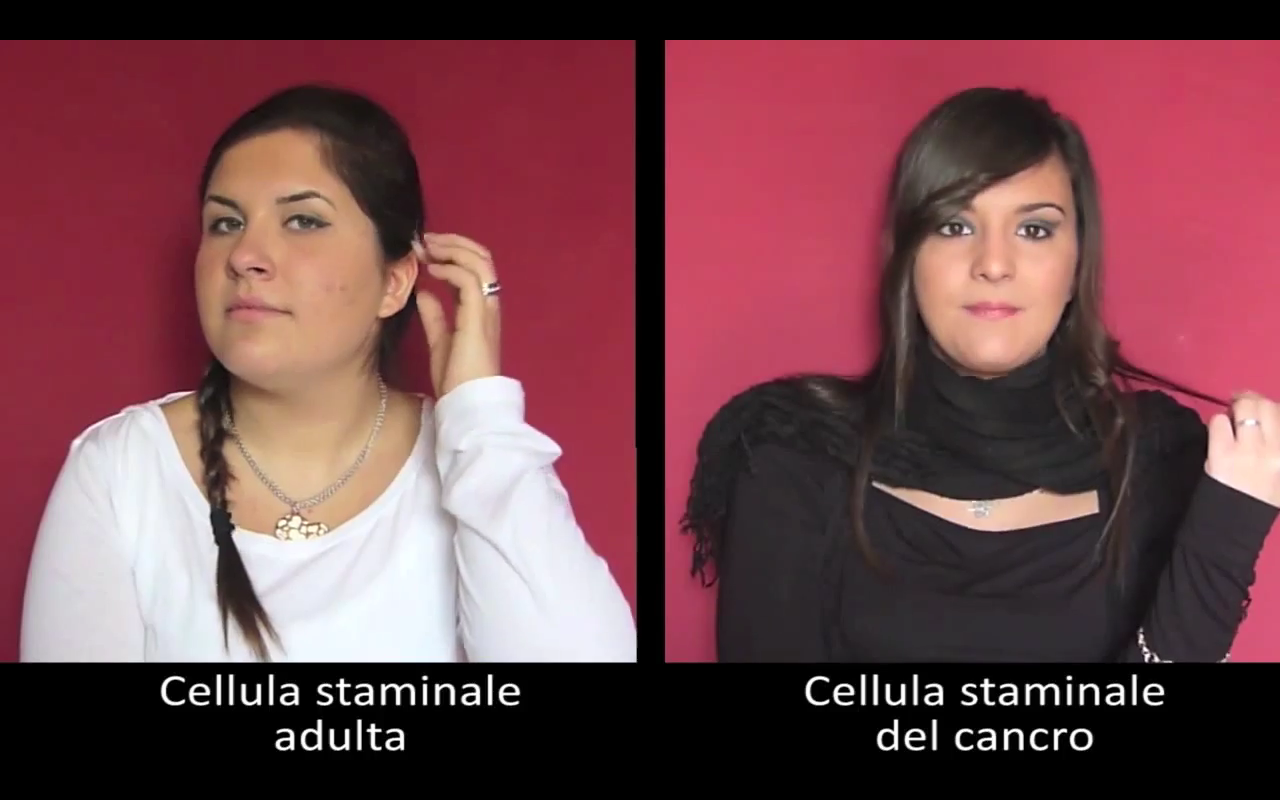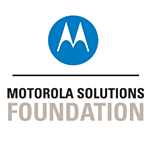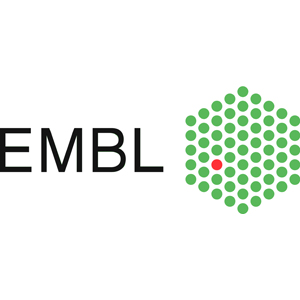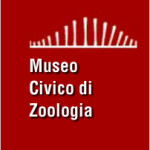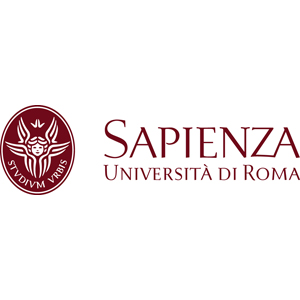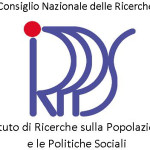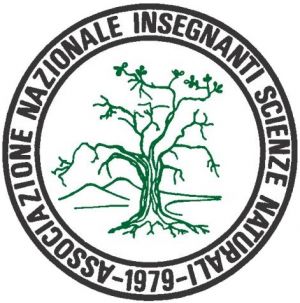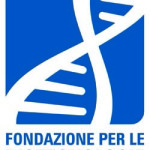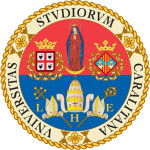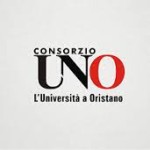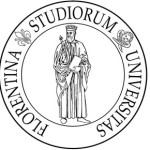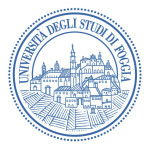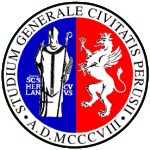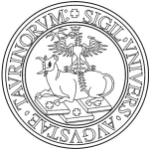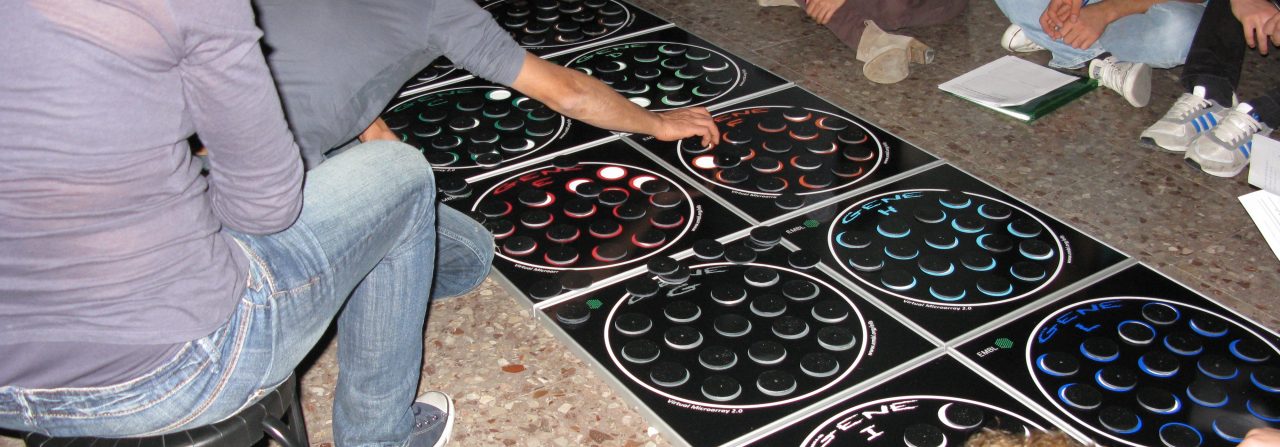
IBEL (Inquiry-Based E-learning) is a pilot project that defines a new approach to facilitate the development of scientific literacy by exploiting multimedia and digital technologies. IBEL aims at:
-Launching an innovative, longer-term activity involving science educators, scientists and schools at the national level
-Supporting teachers and schools in the implementation of IBSE
-Promoting the use of digital technologies in the context of science education
-Promoting sustainable networks between research organizations and schools, and within student communities
-Evaluating the effectiveness of this new didactic approach
Scientific information is increasingly available to people in their daily lives through the Internet and personal digital devices. However, the evidence for the role of multimedia and digital media in facilitating science learning is uneven. IBEL is specifically designed to examine how digital technologies can be exploited to enhance learners’ access to scientific practices, i.e. data collection and analysis, sharing ideas and argumentation, and communication of results. The possibility of using modern technologies in education, such as the use of social networking and digital devices, enables students to access multimedia-enriched educational material and remotely link online to participate in joint activities, sharing personal knowledge and experiences.
IBEL presents a novel approach to inquiry-based learning, involving partners in schools, scientists and education specialists, implemented through 3 coordinated phases exploiting the use of multimedia and digital technologies in formal and informal science education (ISE).
IBEL involved 20 Italian high-schools for 1 academic year.
Phase 1: Preparation (2 months)
– Choice of scientific topics linked to curricula and establishment of scientific board of experts to support teachers and students.
– Preparatory sessions to prime teachers on the project, the methodological approach, scientific topics and pre-activity resources.
– Identification of critical aspects of the topics to be explored with the students.
Phase 2: Implementation in schools (4 months)
– Assignment of students groups to topics.
– Self-directed exploration of topics by the students: data mining, sharing results and ideas, facilitated by digital technologies.
– Participation in ISE activities (hands on experiments, visits to scientific museums, etc.).
– Management of a social network to allow remote interaction between partner schools.
– Biweekly videochats between scientific experts and students.
Phase 3: Reporting and Dissemination (4 months)
– Production of final student reports on the activities (written, oral, video and/or multimedia) with support from communication specialists.
– Organization of a final symposium showcasing the project, methodology and outcomes, which will be broadcast to a wider audience.
Supporters and Partners:
